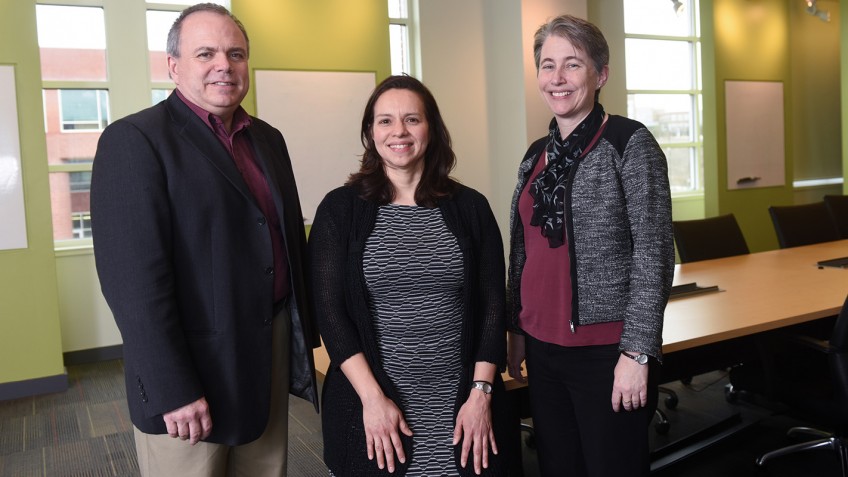Staff
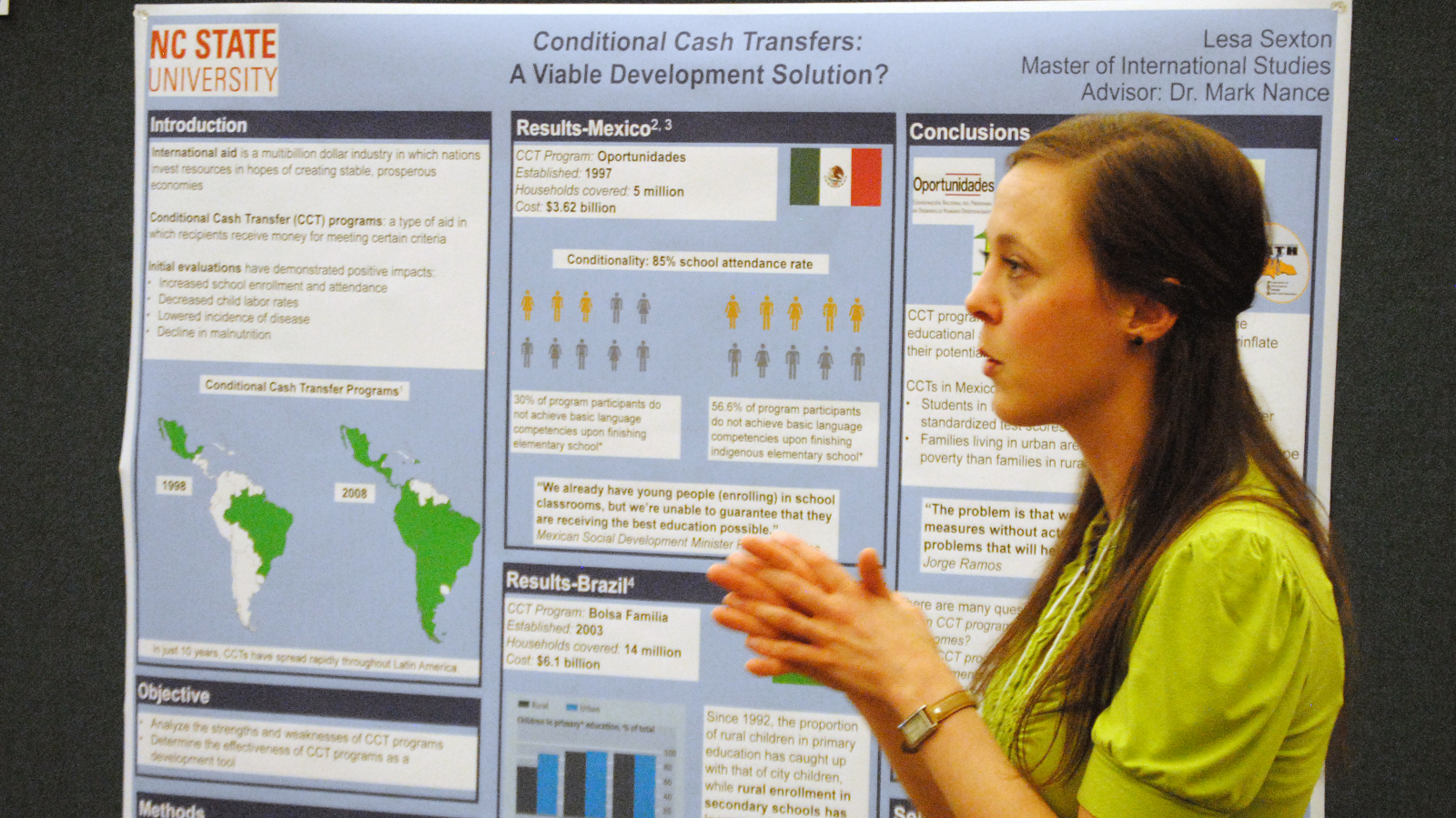
Research Tests Success of Conditional Poverty Aid
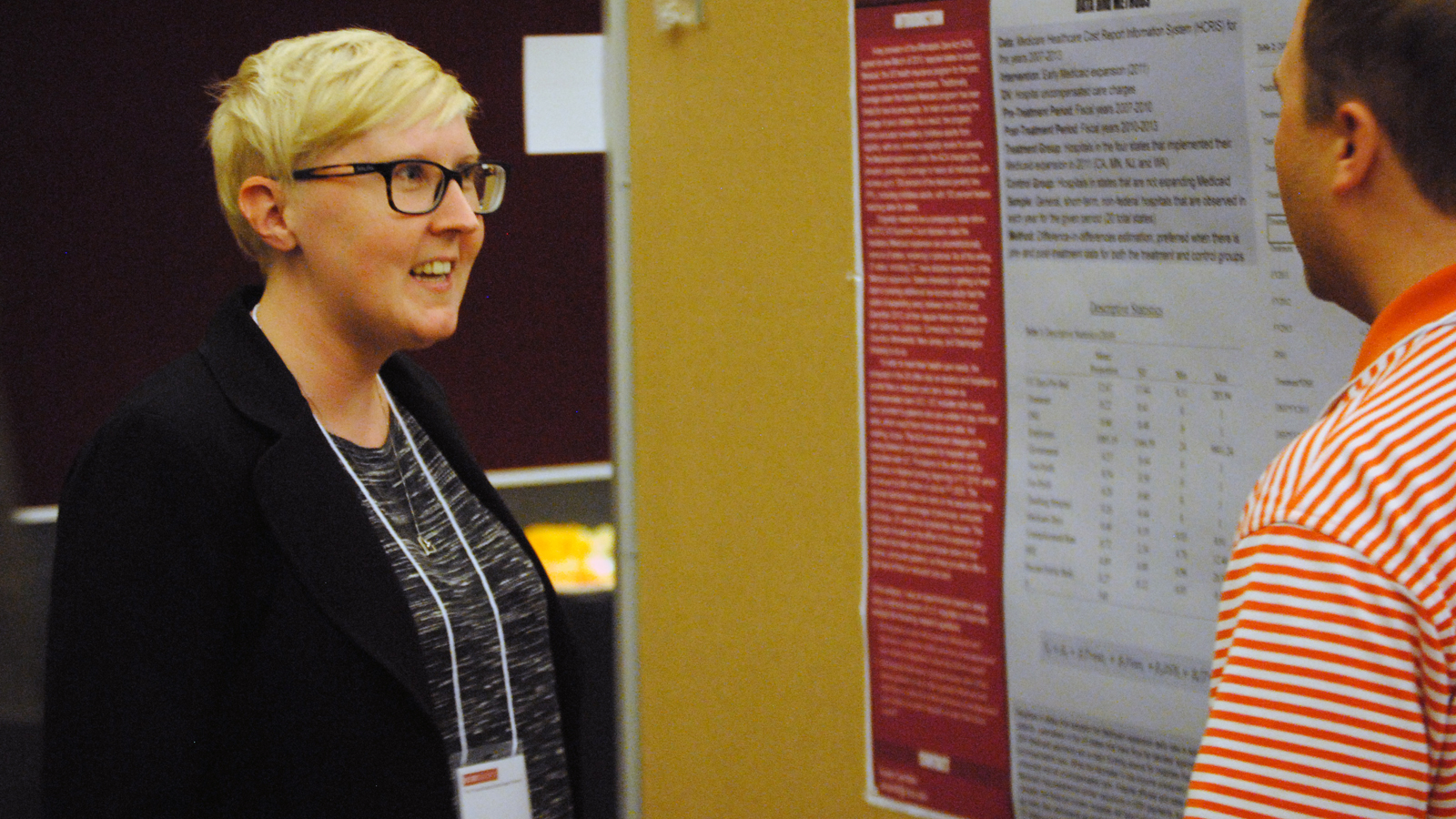
Study Highlights Impact of ACA Medicaid Expansion on Uncompensated Care
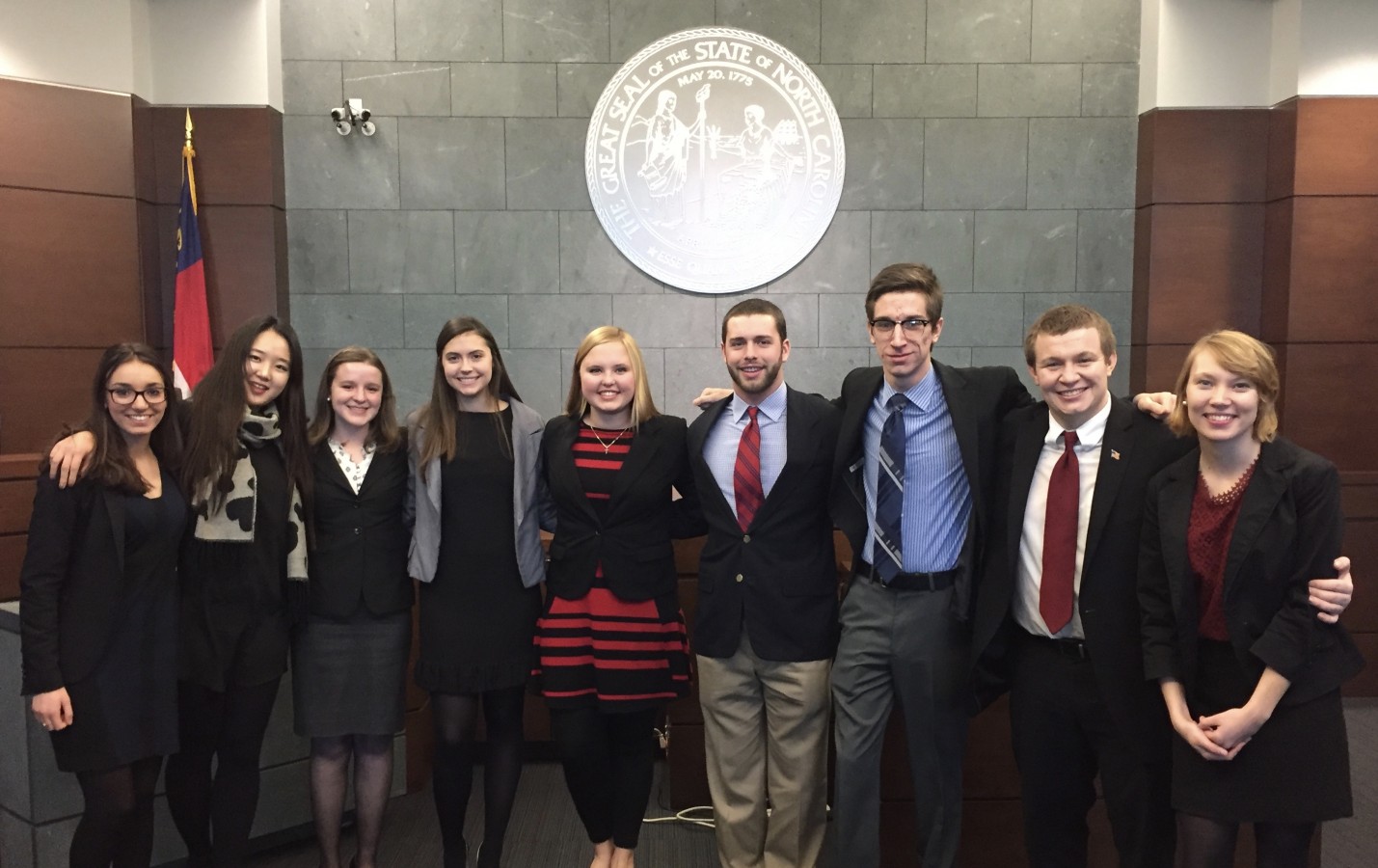
No Objections in Mock Trial
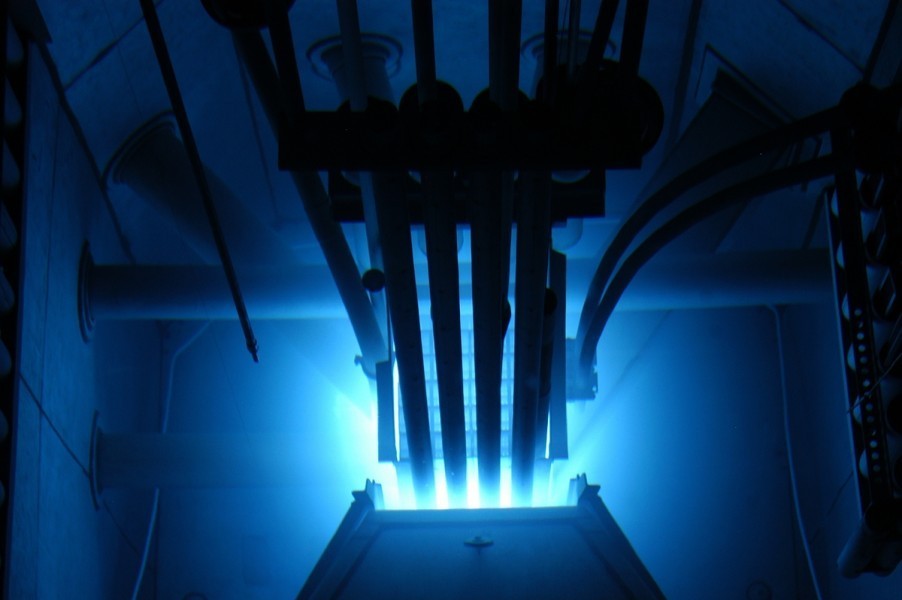
Safety and Security Challenges of Nuclear Energy in the 21st Century
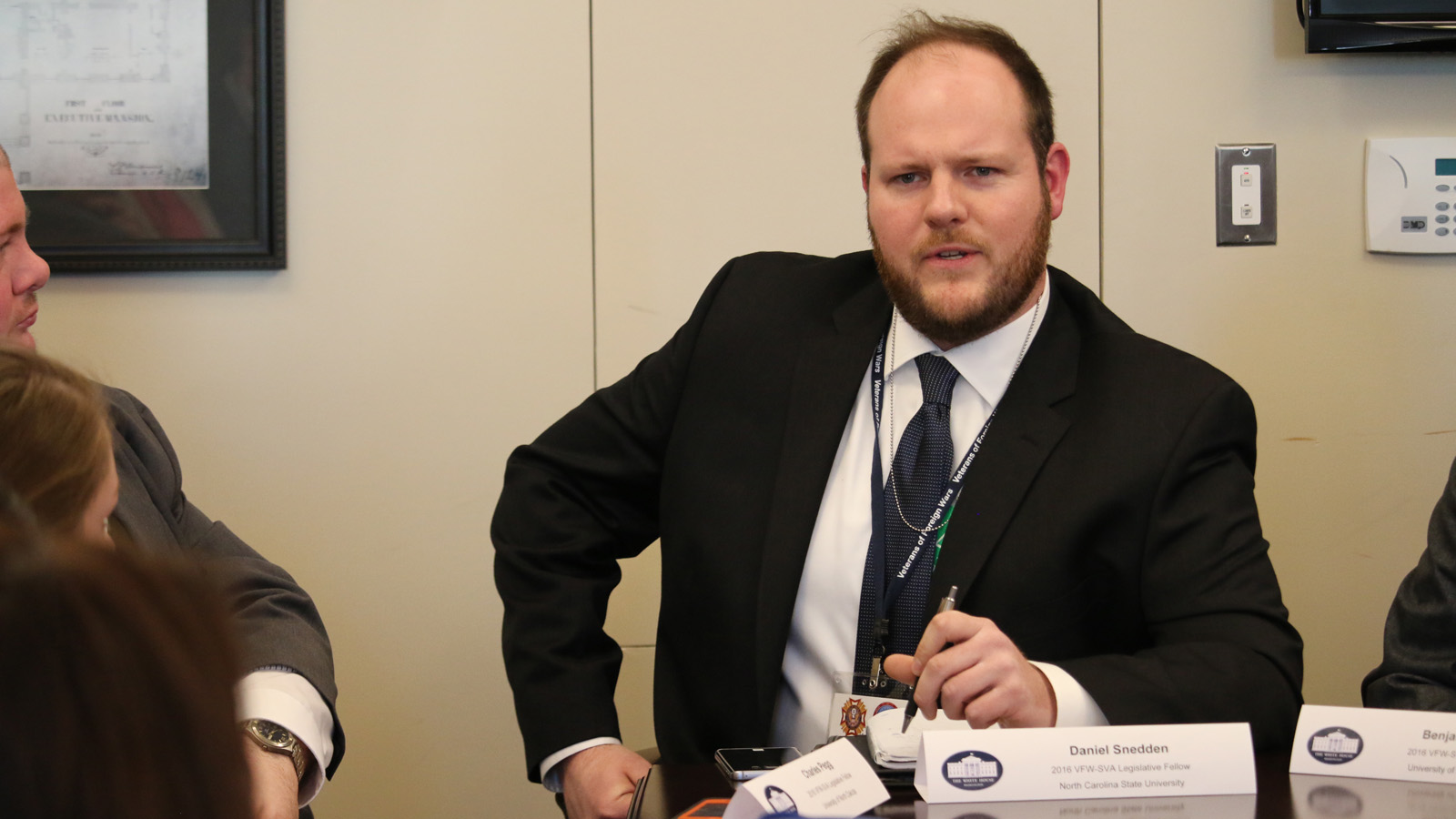
Army Vet, LPS Student Lands Legislative Fellowship

Study: Claiming Social Security Earlier Can Put Your Spouse at Risk of Poverty
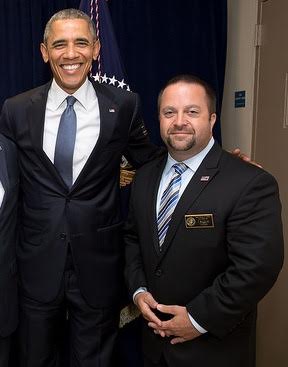
Alum’s Career Path Leads to Federal Prison — As Warden
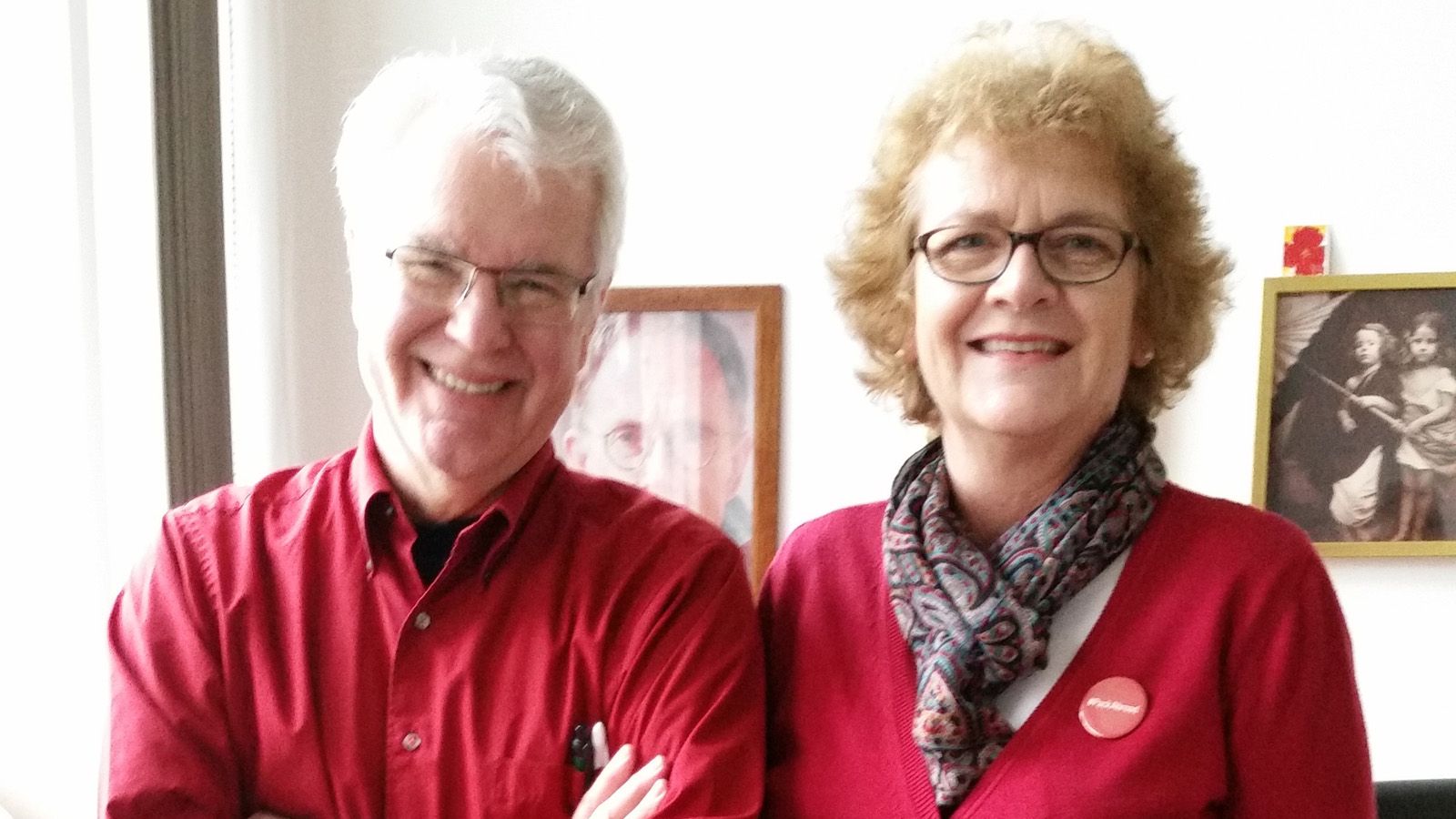
Two Fulbright Faculty Land in Slovak Republic
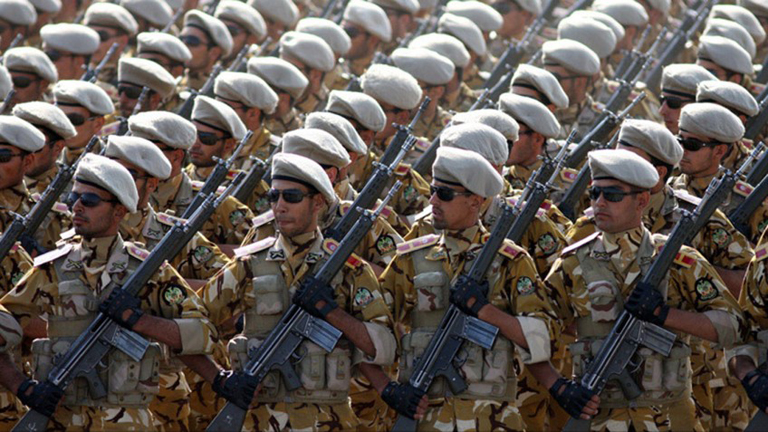
Study: Sanctions Boost Foreign Military More Than They Hurt Economy
